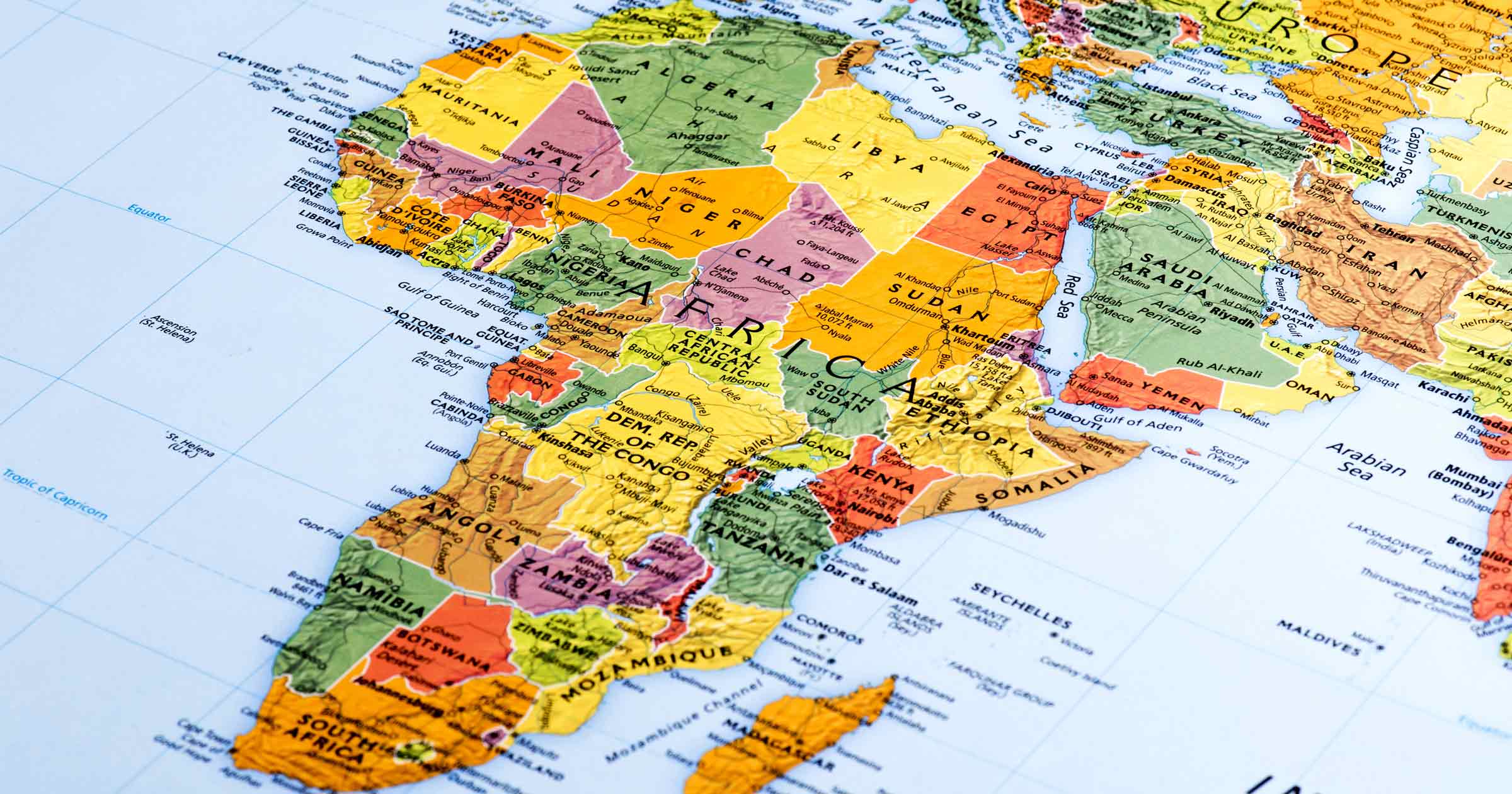If there is a silver lining to most crises, the accelerated move toward digitized commerce globally and in Africa may be one positive outcome of the COVID-enforced lockdown. It is welcome news there that the South African Minister of Communications and Digital Technologies (“Minister”) published the Draft National Data and Cloud Policy (in Government Gazette no. 44389) (“Draft Policy”) for public comment. The Draft Policy seeks to create an enabling environment for the provision of data and cloud services in an effort to move “towards a data intensive and data driven South Africa” that ensures social and economic development and inclusivity. The Draft Policy affects a few key areas, which we briefly highlight below.
The objectives of the Draft Policy are to:
- Encourage universal access to broadband connectivity, along with access to data and cloud services;
- Eliminate regulatory barriers and enable competition in the data and cloud sector;
- Implement effective measures to ensure the security of cloud infrastructure;
- Create institutional mechanisms to govern data and cloud services;
- Support the development of small, medium, and micro enterprises (“SMMEs”);
- Promote research, innovation, and technological developments in relation to cloud;
- Increase the government’s capacity to deliver relevant data and cloud-based services to the public;
- Promote data sovereignty and security with respect to South African data; and
- Encourage alignment with the Fourth Industrial Revolution (“4IR”), the OECD Framework and standards adopted by the European Union.
Draft Policy proposal relating to digital infrastructure
The Draft Policy recognizes that digital transformation in South Africa relies upon further developing electronic communication networks, mobile communication networks, and cloud and data infrastructure services in the country.
In relation to universal access and service delivery obligations, the Draft Policy recommends a government-backed digital platform and for all South African citizens to be provided with an online identity in order to receive services more easily.
The Draft Policy discusses the need for a Wireless Open Access Network (“WOAN”) “to extend the digital infrastructure footprint and services” across the country. The Draft Policy also refers to various measures to ensure the deployment of electronic communication infrastructure, which will help to bridge the digital divide by ensuring universal access to cloud and data infrastructure services for all South Africans.
The Draft Policy also proposes that existing networks of state-owned enterprises, such as Sentech and Broadband Infraco, be consolidated to form a State Digital Infrastructure Company (“SDIC”), which will provide network connectivity for the State.
Continue Reading Overview of South Africa’s Draft National Data and Cloud Policy

